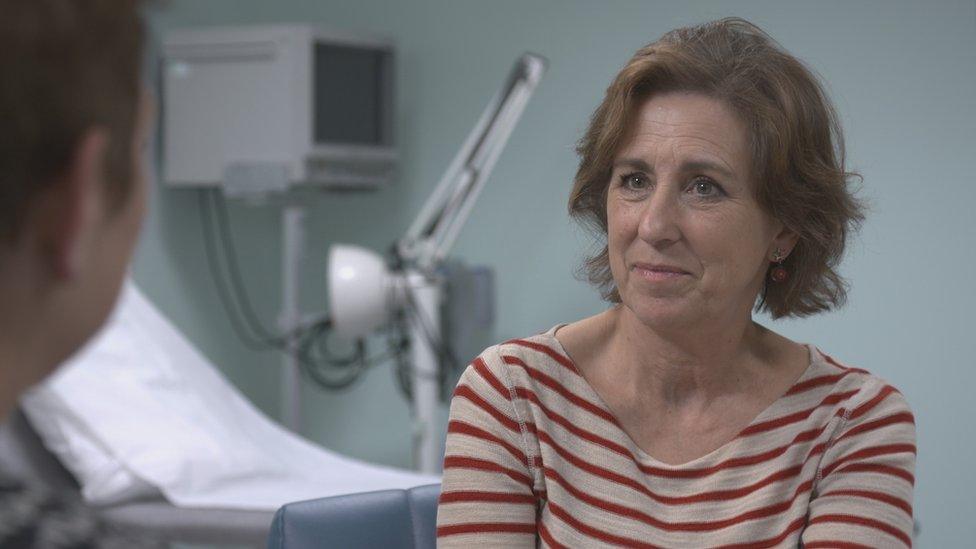Premature Ovarian Failure: 'I missed a period and hoped I was pregnant'
- Published
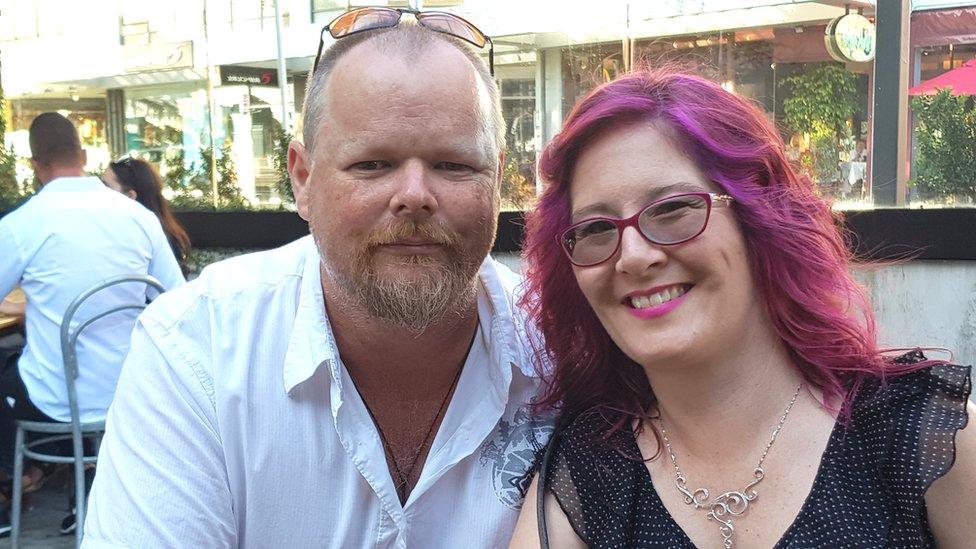
Nicole, now in her mid-40s, reflects on experiencing early menopause
Nicole Evans was diagnosed with premature menopause at the age of 30. She writes for BBC 100 Women about the shock of infertility and how she has come to terms with the diagnosis.

My periods had been getting lighter for a couple of years, but when I mentioned it to health workers here in my native New Zealand they brushed it off as a natural effect of the pill. When one month I missed a period altogether, I went to the doctor excited that I might be pregnant. I had been married for a year and we had just started talking about having a baby.
But the pregnancy test came back negative. My doctor got blood tests done, and brought me back to explain my hormone levels weren't normal. She referred me to a hormone specialist and I was diagnosed with premature menopause. I didn't know ovaries could stop working at this age - it came as an incredible shock.
Today's feminism tells us we can have it all and we should want it all, on our terms and in our timeframe. But this lie costs us greatly when circumstances interfere with the path we had planned.
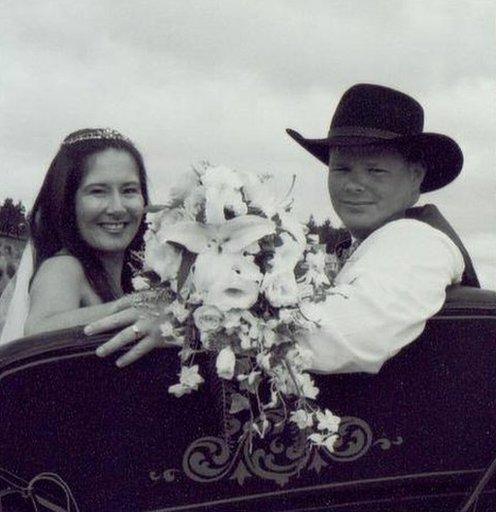
Nicole on her wedding day with her partner

I believe celebrity culture has a lot to answer for when it comes to fertility awareness. When a woman's fertility is, directly or indirectly, erroneously portrayed as something that easily continues into her 50s, signs of problems are easy to overlook. I had no idea that, generally speaking, female fertility starts to decline in your mid 30s, external.
We decided to go through a donor egg IVF cycle with a wonderful friend and felt very hopeful and expected it to be the answer to all our problems. But we ended up with only one viable embryo to transfer and that didn't lead to a pregnancy. It was extremely upsetting for everyone involved.
A year later another friend offered to help us, but this time I was very hesitant. It would be the last government-funded cycle, and psychologically I felt safer in between treatment. In the midst of fertility treatment it can take a great deal of courage simply to walk out the door each morning.
But we gave the second cycle a go because I was now aged 32. Time was marching on.

What is menopause?
Menopause is the biological stage in a woman's life that occurs when she stops having periods
Periods can become less frequent over months or years before the stop
Other symptoms include hot flushes, poor concentration, headaches, anxiety, reduced sex drive and difficulty sleeping
Menopause usually occurs between the ages of 45 and 55 - the UK average is 51
About one in every 100 women under the age of 40 go through premature menopause, also known as premature ovarian insufficiency
Source: NHS UK, external

Sadly the two separate embryo transfers we did from this cycle didn't become pregnancies either, and we didn't have the financial or emotional resources to invest in a third cycle.
I couldn't face adoption. Having just finished being poked and prodded physically, I would then have to start on a journey of more prodding - into our relationship, jobs, home life, finances - as part of a gruelling vetting process. Of course I understood why it was necessary, but I just couldn't face it on top of the trauma I'd already experienced.
I hit rock bottom. The emotional heartache for the loss of our potential children was there no matter how hard we tried to rationalise it away. And this heartache remained for me until one particular evening. I'd spent it with a girlfriend and her newborn, and after she left I noticed that the longing to have a baby of my own was gone. Simply erased.
I couldn't explain it other than I believe God took away the longing deep in my heart. And looking back now I know it's because he had something better planned for me - a closer relationship with him.
A great number of doctors seem to be unaware of premature menopause. I've spoken to many women in the support group I run who, when they tell their doctor their periods have become irregular, are only referred to specialists after a delay, if at all.
I have been on HRT ever since I was diagnosed. I'm very grateful for this treatment because even in your early 40s, as I now am, it's very hard to discuss menopausal hot flushes, moodiness and brain fog with anyone. You feel too embarrassed to say anything because you feel you have to explain yourself to any age group.
It's a nice bonus to be rid of the expense and the hassle of sanitary products each month. But it's taken me a while to recognise silver linings like this.
I believe the ageing-averse, hardship-averse culture of the West hinders us from dealing well with natural life processes. We have become so good at distracting ourselves from hard realities, feeding ourselves comforting lies, that we have a very narrow idea of what makes a truly satisfying life.
Premature menopause may have given me much heartache, but it also uncovered the deception that true satisfaction is found in health and youth and perfection. Our infertility journey was a life crisis and our world had to be rebuilt from the ground up, but it has certainly made us stronger both individually and as a couple.
It taught us many lessons: that our true identity transcends our circumstances; to count our blessings; to have more compassion for others; and to approach life with an open mind, to name a few. We may not have it all, but we have everything we need.

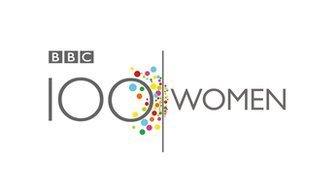
What is 100 Women?
BBC 100 Women names 100 influential and inspirational women around the world every year and shares their stories.
It's been a momentous year for women's rights around the globe, so in 2018 BBC 100 Women will reflect the trailblazing women who are using passion, indignation and anger to spark real change in the world around them.
Find us on Facebook, external, Instagram, external and Twitter, external and use #100Women
- Published2 August 2018
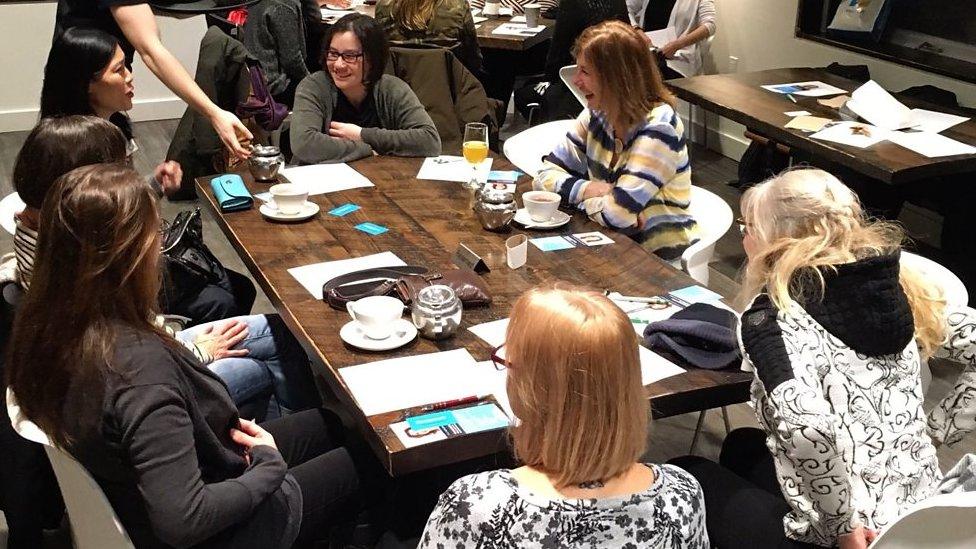
- Published1 May 2018

- Published13 April 2018
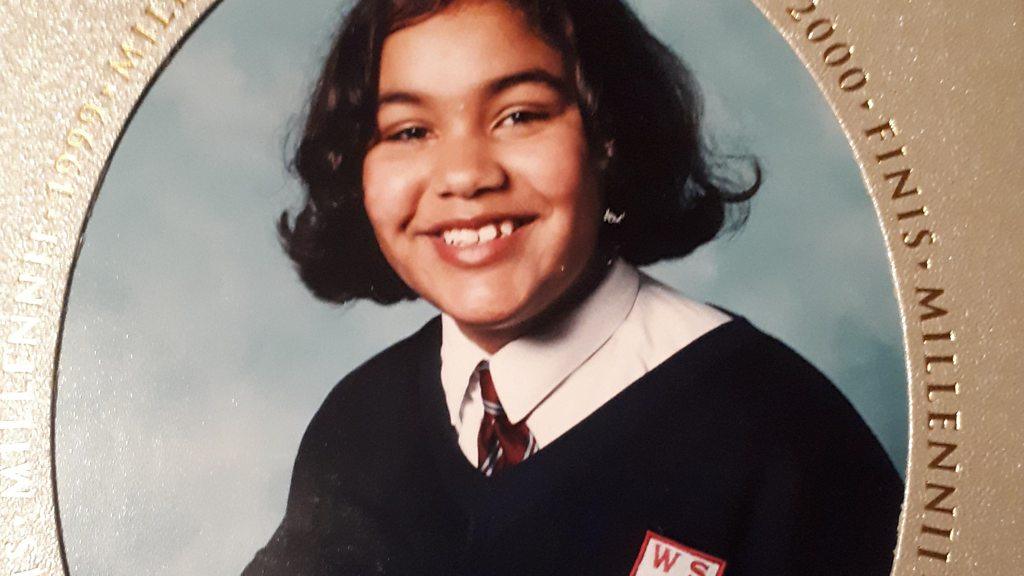
- Published16 January 2018
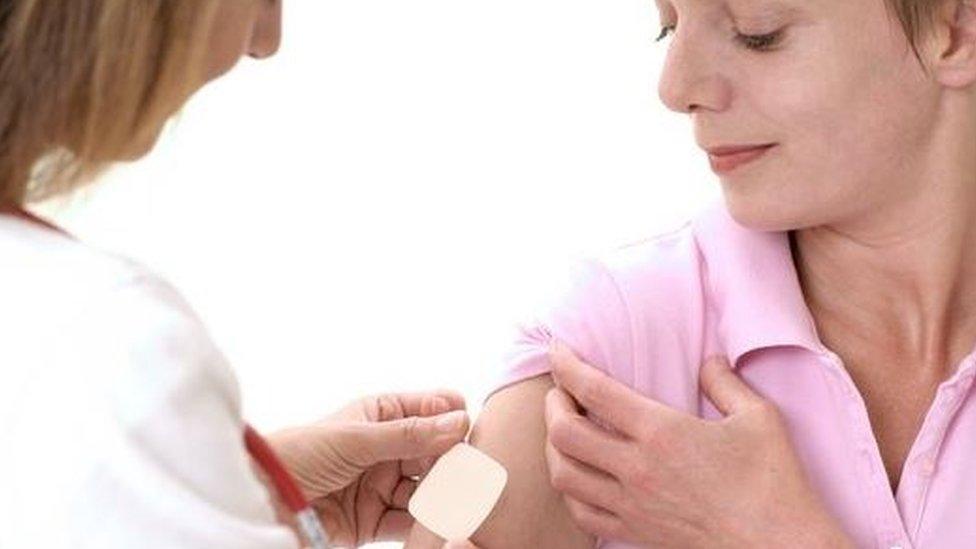
- Published16 February 2017
